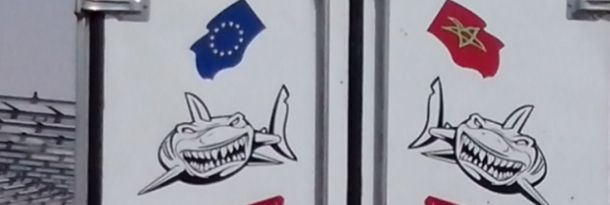Morocco dreams of new monster port in Western Sahara

The Moroccan government’s new “Plan Halieutis” envisages big investments in Western Sahara. No reference is made as to whether the plan is according to the wishes of the Sahrawi people.
Published 29 December 2010
A summarising leaflet from the Moroccan Ministry of Fisheries explains in broad terms the content of the government’s “Plan Halieutis” which the government has launched to boost the country’s fisheries industry. The 43 page document, which can be read below, shows that Morocco in its fisheries sector treats Western Sahara as if it were an integral part of its own country. Yet, no states in the world recognise Morocco’s sovereignty over Western Sahara.
The plan outlines the development strategies for the entire coast from Tanger in Morocco, to Dakhla, Western Sahara. The document was probably made in 2008. A red thread through the plan is the paradox between the big fish stocks in Western Sahara on one side, and, on the other, the lack of infrastructure in the territory to process the catches. A “primordial” aim of the plan is to “valorise the stocks in the South”, by huge investments in infrastructure.
The fisheries efforts are “under-dimensioned in the South in relation to its catch potential”, the leaflet says, referring to the fact that only 17% of the total fishing fleet is located in the “South” – which is the Moroccan term for the territory it illegally invaded in 1975. It also refers to “saturated ports in the South” and insufficient disembarkation points for small scale fishermen.
“In order to exploit the additional potential of small pelagic fish in the South, a new fishing port needs to be built south of Laayoune”, the Moroccan government states in the document.
The new port is scheduled to handle a capacity of 1 million tonnes small pelagic fish, hosting a fleet of an astonishing 60 to 120 so-called RSW vessels. Such industrial fishing vessels are larger of nature, and can freeze the catches onboard, thus the name RSW (Refrigerated Sea Water). By way of comparison, the number of RSW vessels in El Aaiun and Dakhla combined is today less than 20. The port would consist of 750-1500 meters of quay, be 7 meters deep, and the port area would potentially employ 27.500 people, according to the plan.
It is also envisaged to establish one of three new so-called “competitive poles” in Western Sahara. The pole in Western Sahara, encompassing both El Aaiun and Dakhla would be specialised in small pelagic fisheries. The new “pole” would receive a 3 billion dirham investment, generating 60.000 jobs, and treating a total of 990.000 tonnes of fish annually. Although focusing mainly on small pelagic, the plan also encompasses aquaculture projects in Dakhla.
Important occupation
In the document, Morocco refers to itself as a “world halieutic power”. The industry today “contributes in a significant manner to the national economy”, but still with “unexploited development possibilities”, it states. According to the document, 55 percent of the Moroccan catches take place in the territory of Western Sahara. The territory is said to contain 5545 small scale fishing boats and 326 larger vessels. The fish is processed in 119 factory units in Western Sahara, accounting for 29% of the total number of units in Morocco/Western Sahara in total.
In total in Morocco/Western Sahara, fisheries “employs almost 660.000 people, of whom 30% in the Southern Region, and a population of more than 3 million people live directly or indirectly from the sector”. Goal to 2020 is to almost triple the Moroccan/Western Sahara exports from 1,2 billion dollars in 2007, to 3,1 billion.
The significance of the industry is in stark contrast to the several recent statements from the Moroccan government that Western Sahara is poor. The boost in Western Sahara fisheries comes after the fish stocks offshore the Moroccan waters have been depleted.
The massive new plans happen at the same time as the Sahrawis beg the Moroccan government to stop the further investments in the territory until the conflict is solved, and underline that the investments so far in the territory have not benefited the Sahrawis. The industry is a tool for Morocco to settle more civilian Moroccans in the territory, in violation of the Fourth Geneva Convention.
The document makes no distinction between the territory of Morocco and Western Sahara. It furthermore refers to the Economic Exclusive Zone of Morocco, failing to point out that this zone only applies to Morocco proper. Morocco has never laid claim to the waters offshore the Non-Self Governing Territory it invaded under UN condemnation.
One of the successes mentioned in the leaflet, is the Eco-certification of the factory Sovapec-Maromega, situated in Tan-Tan. A Swedish documentary revealed earlier this year how this firm imported food fish from Dakhla, for production of fish oil for the Scandinavian market. When the unethical trade from the occupied territories was made known in Scandinavia, it was immediately halted. The company behind the Scandinavian imports was fined over 1,2 million Euros for exporting Western Sahara produce to Norway under the Norway-Morocco Free-Trade Agreement, which only covers Morocco as it is internationally recognised.
The Norwegian owners of Maromega announced 22 December that the Moroccan firm has stopped all purchases of raw material from Western Sahara, and that all is from fish caught in Morocco.
Click on photo for high resolution.
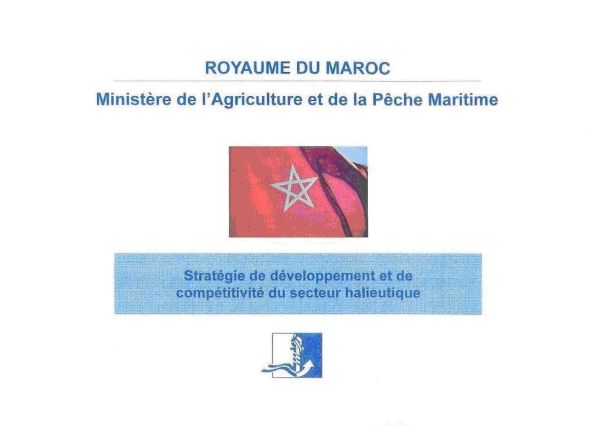
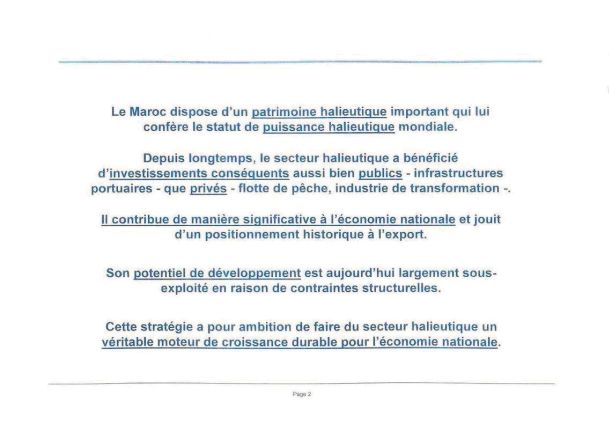
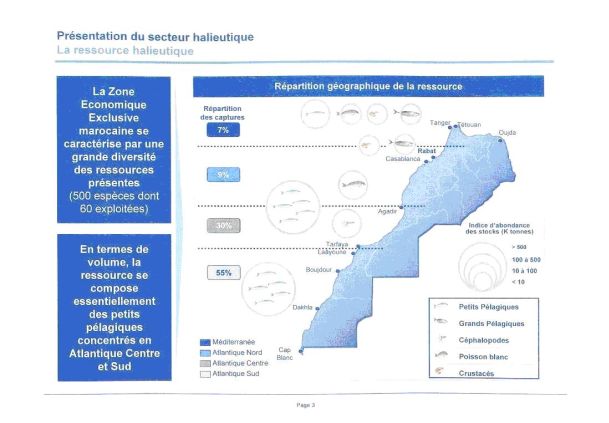
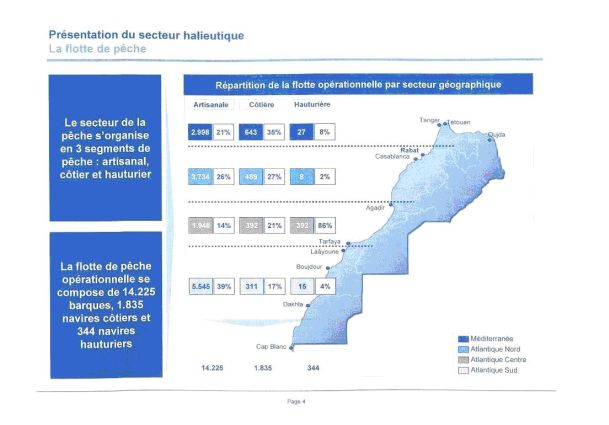
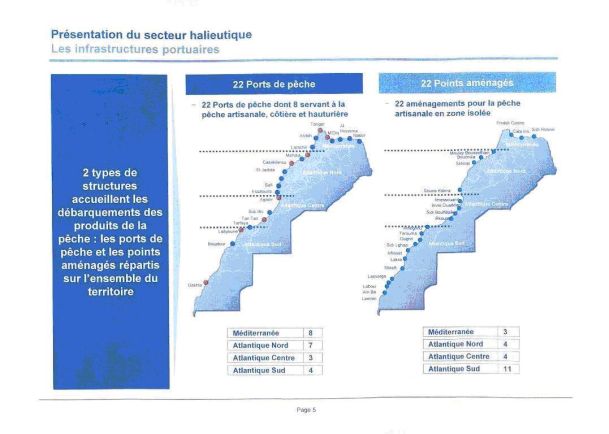
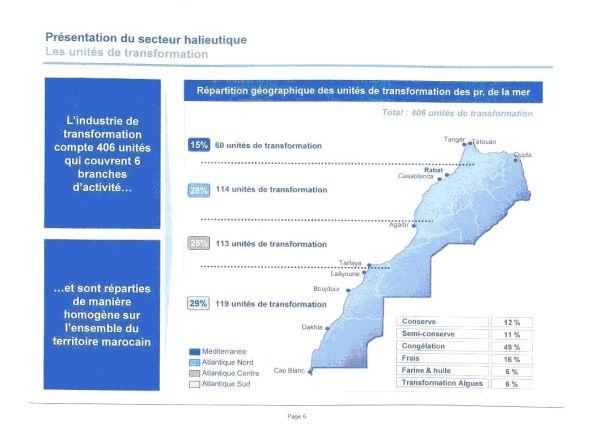
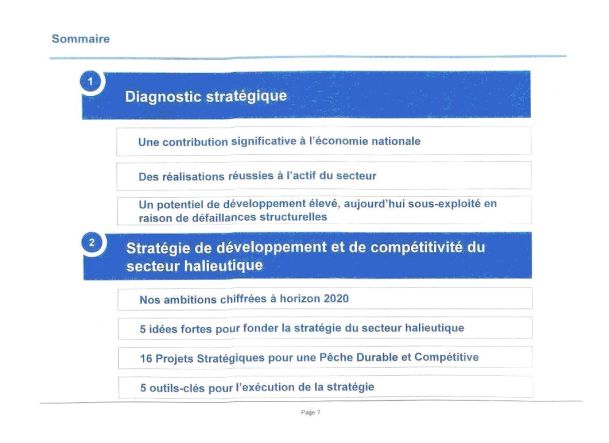
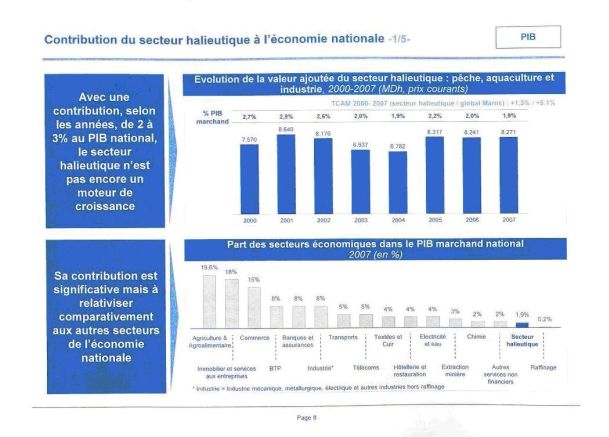
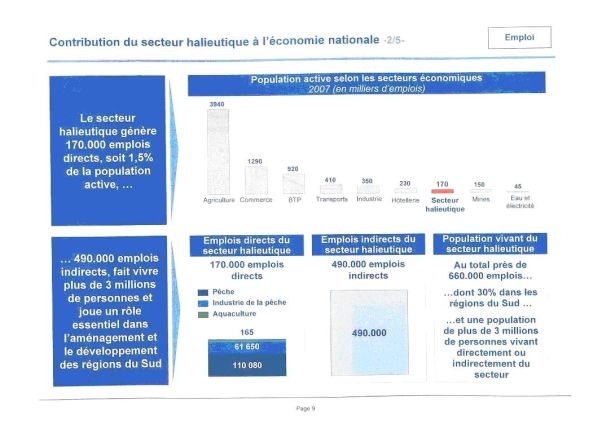
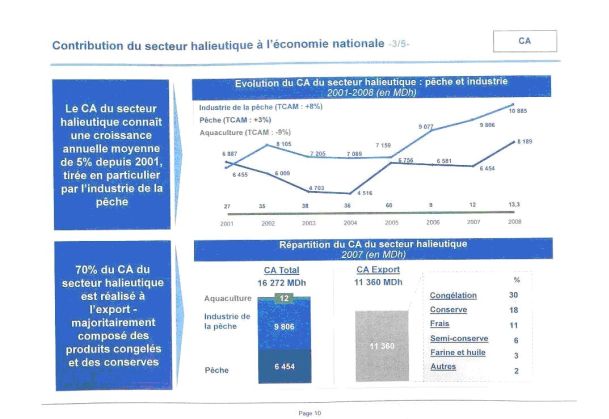
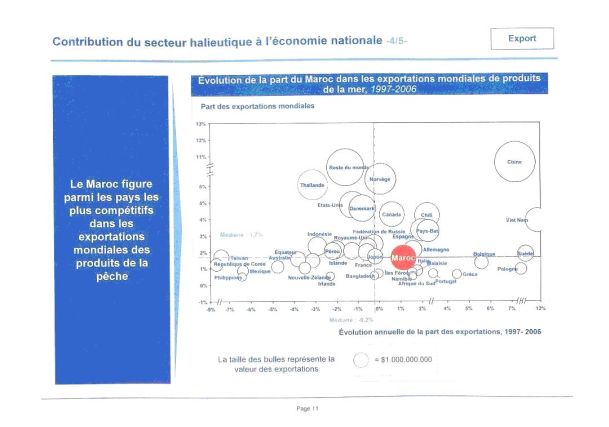
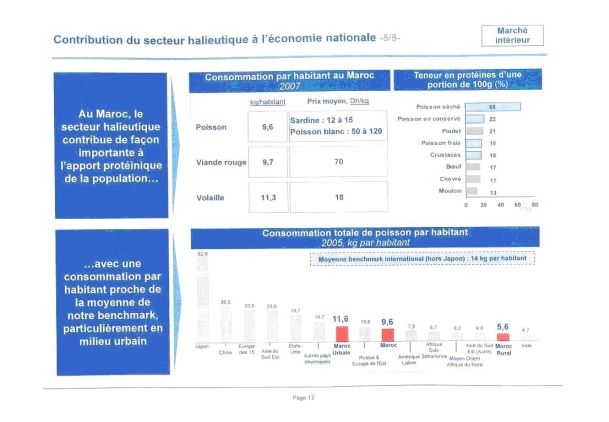
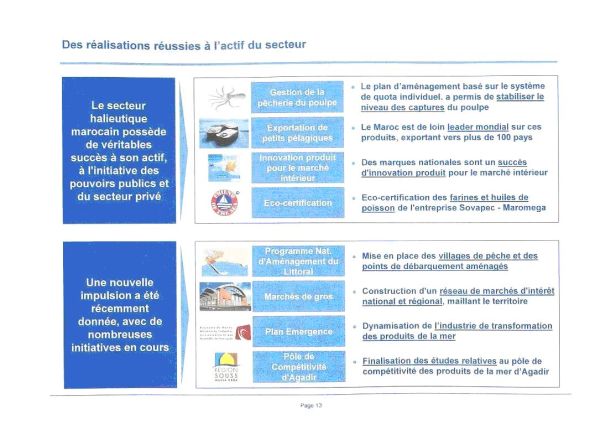
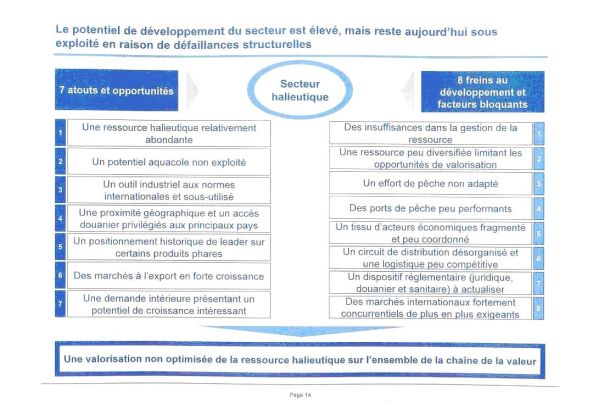
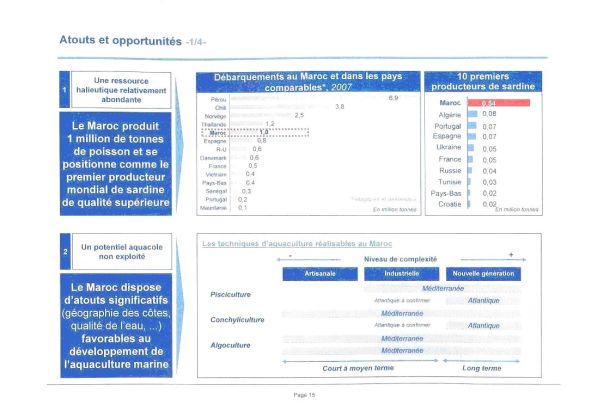
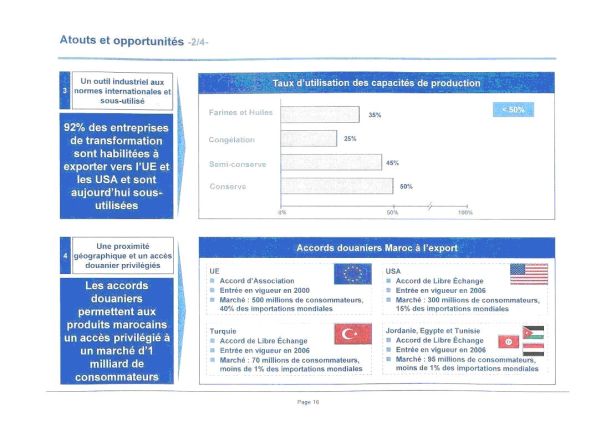
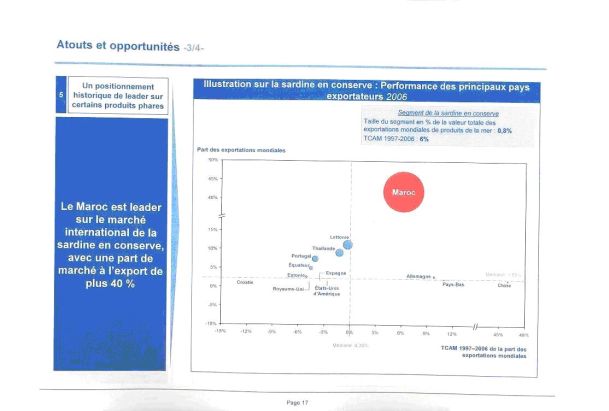
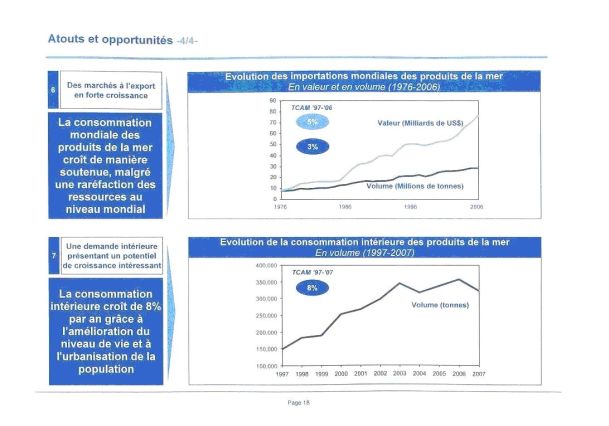
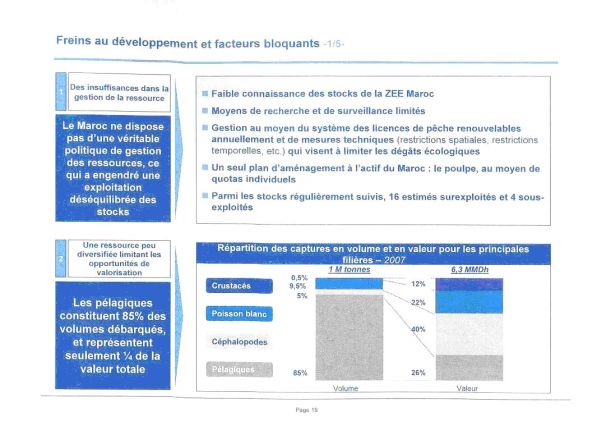
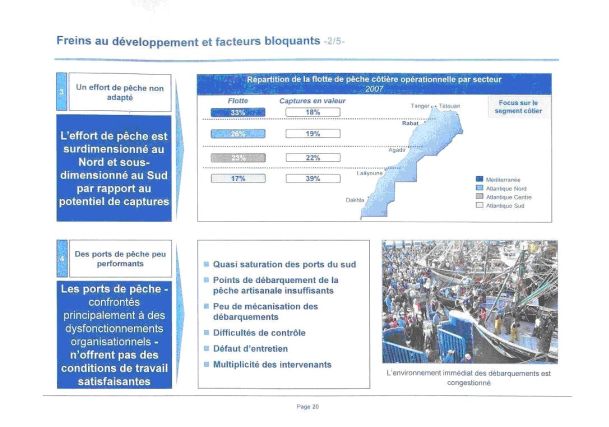
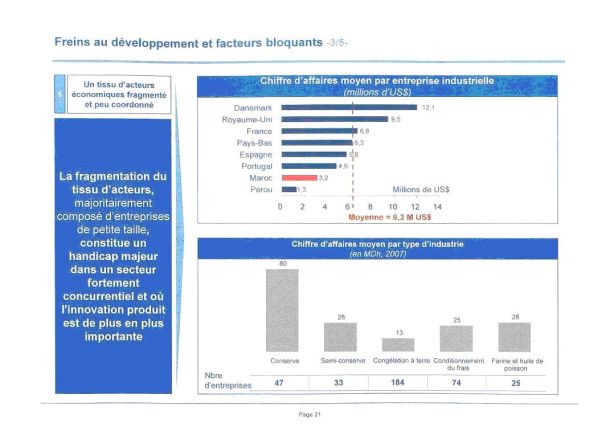
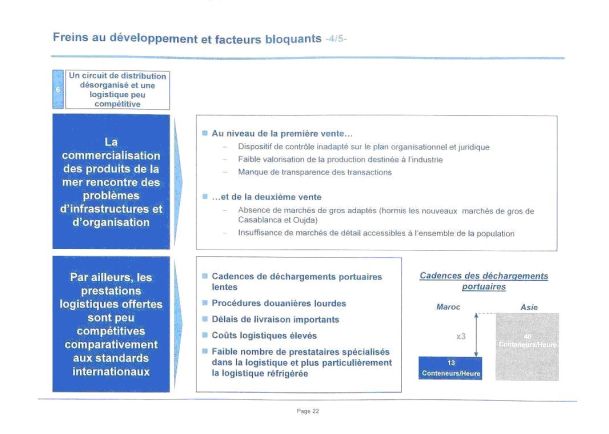
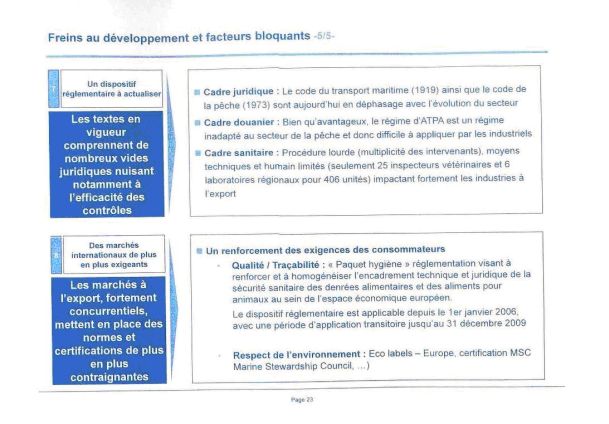
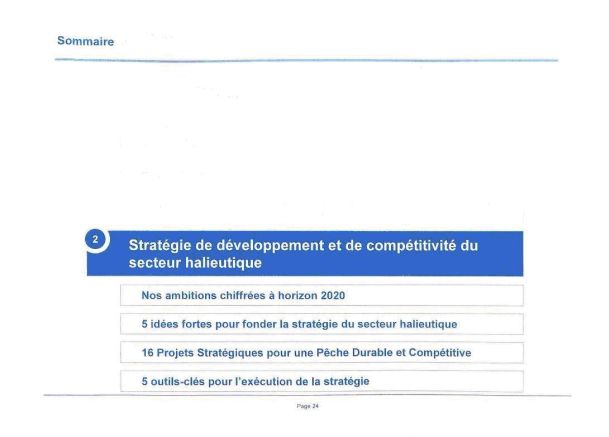
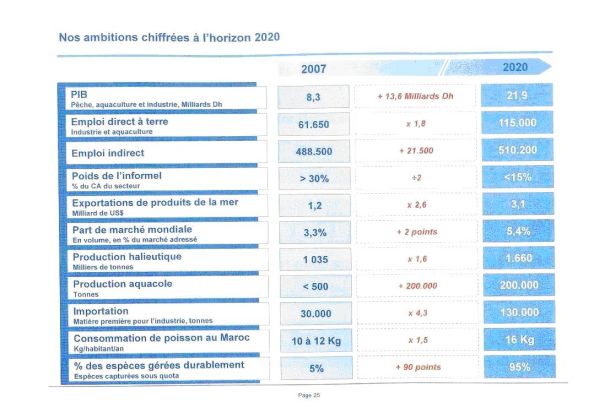
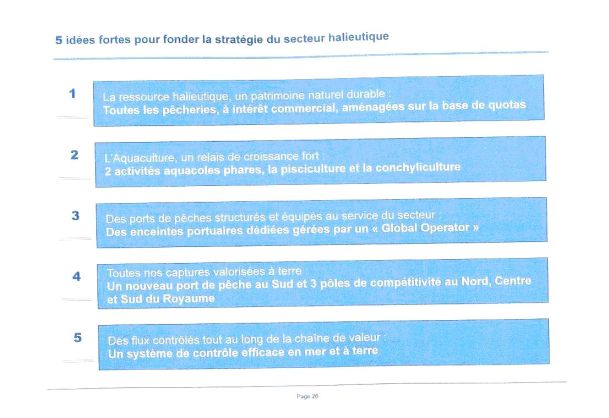
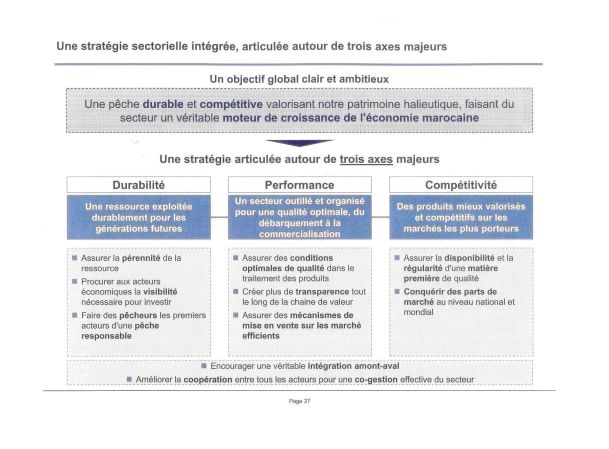
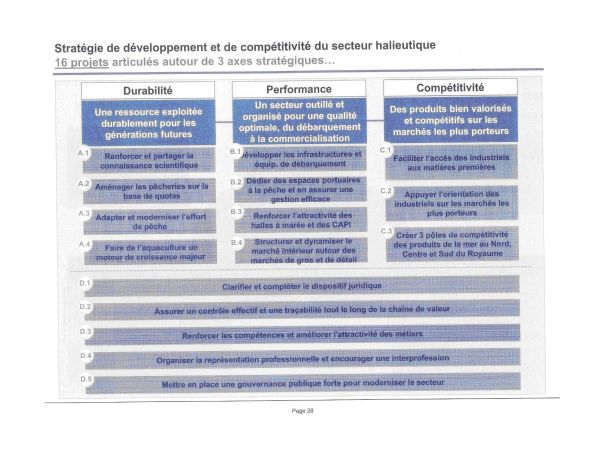
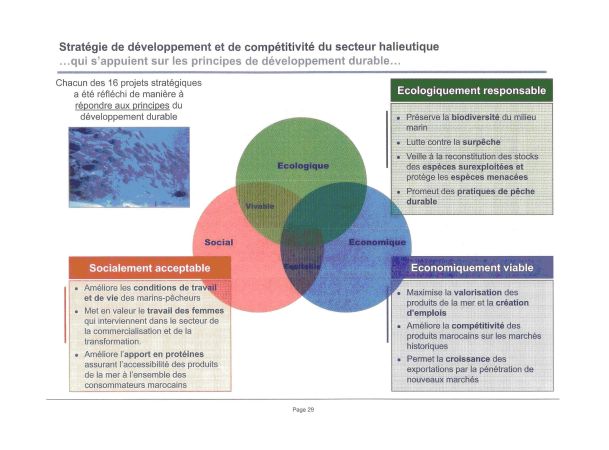
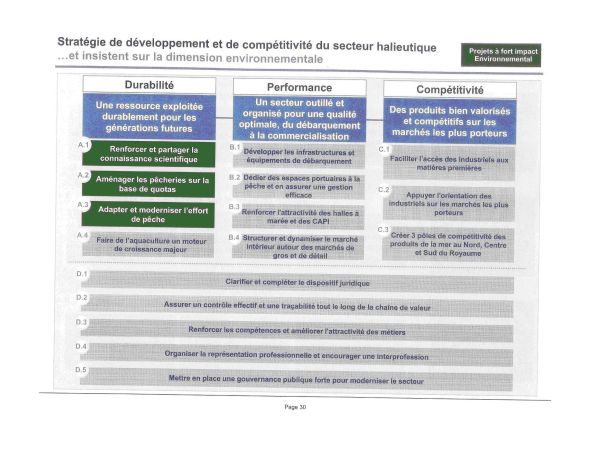
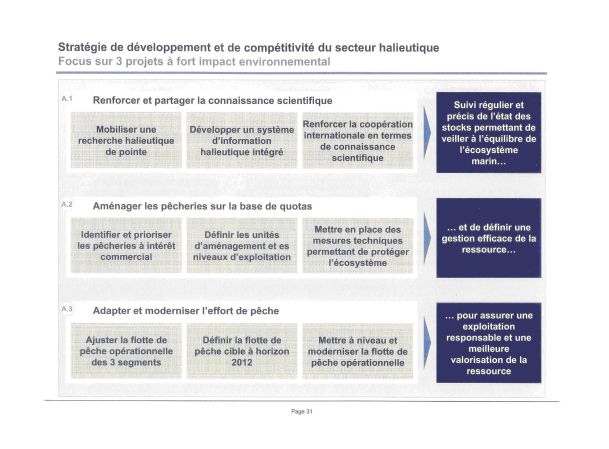
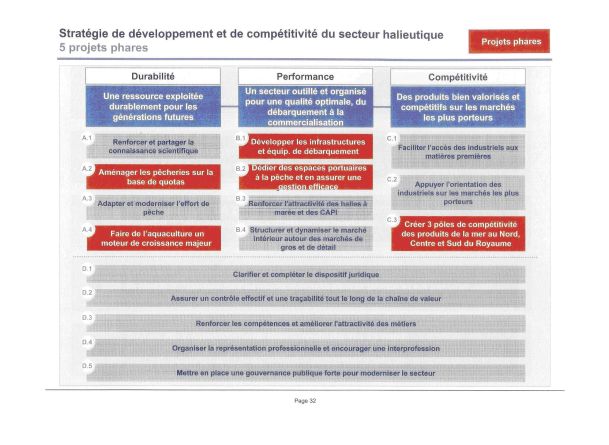
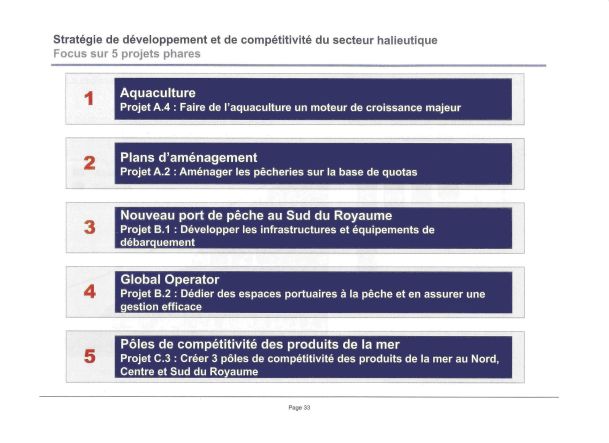
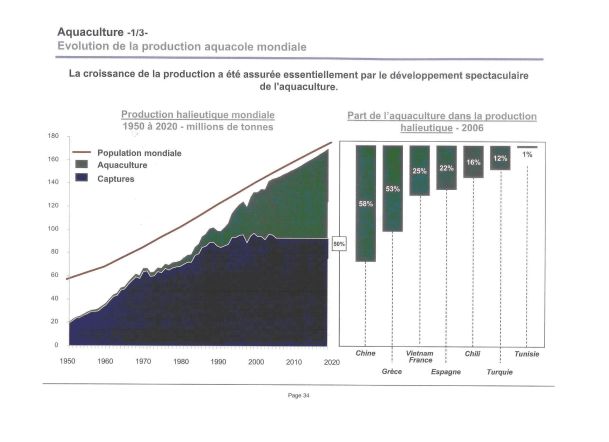
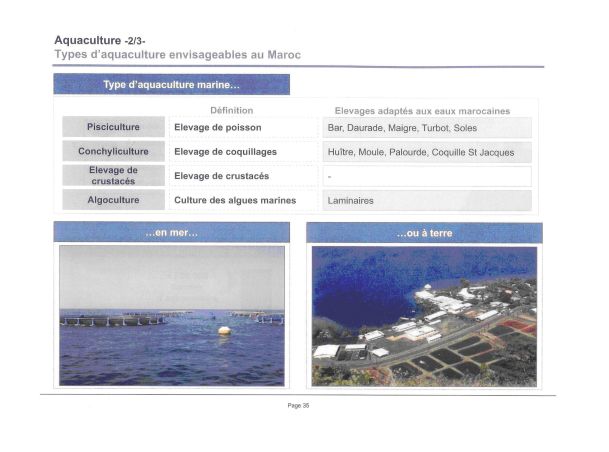
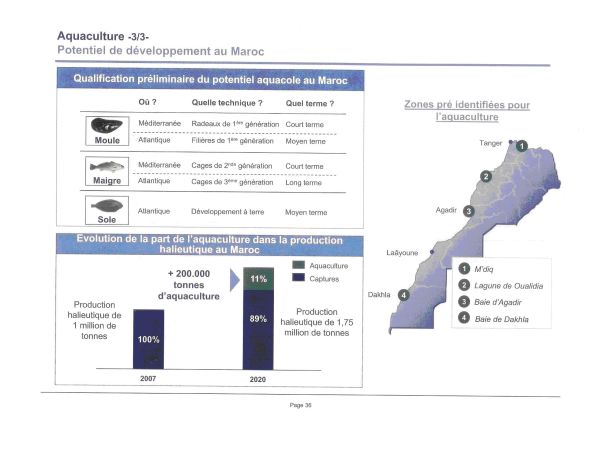
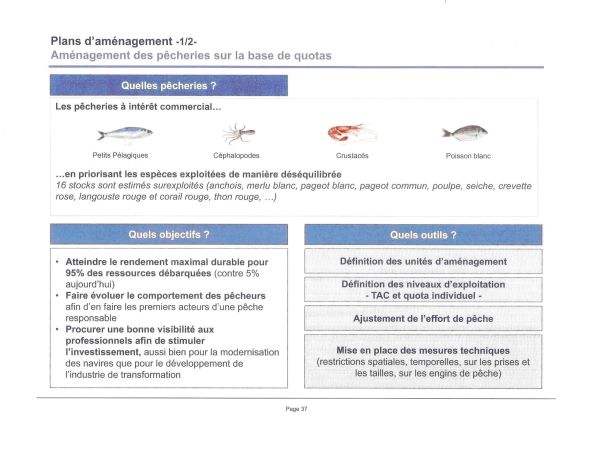
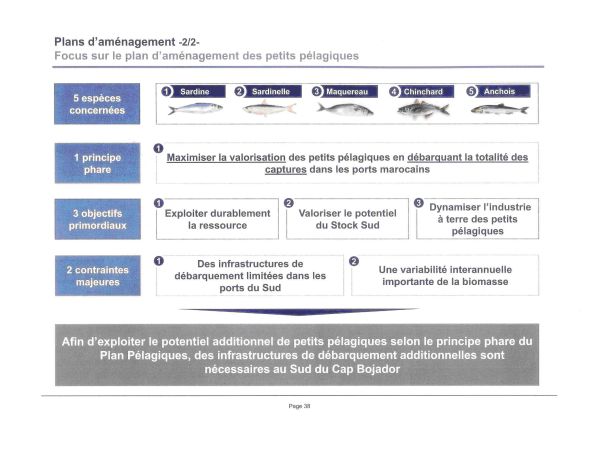
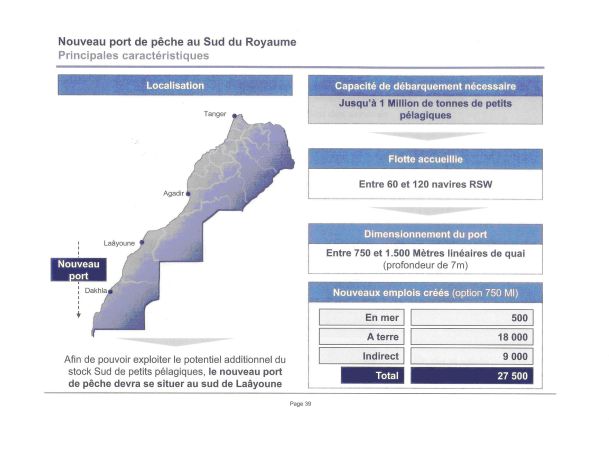
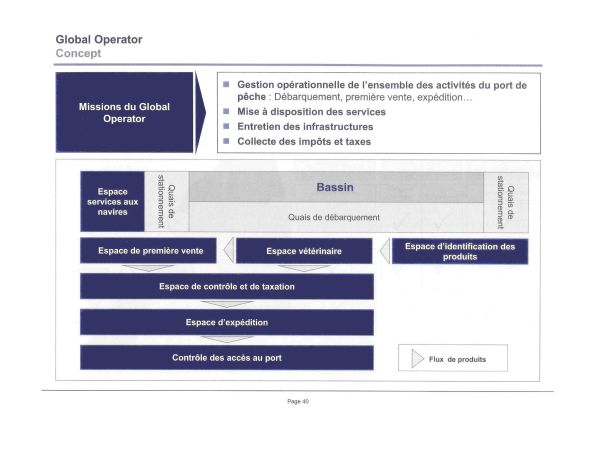
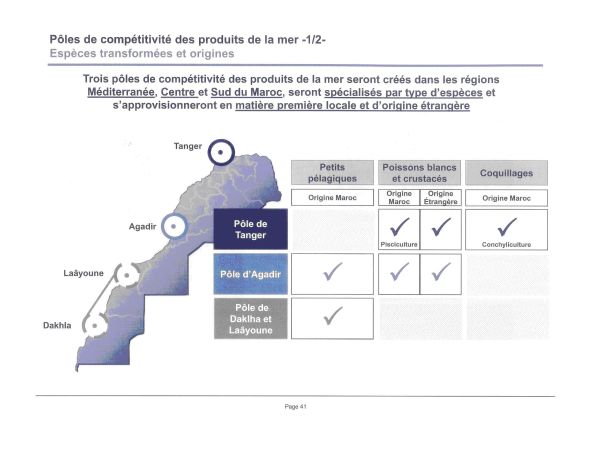
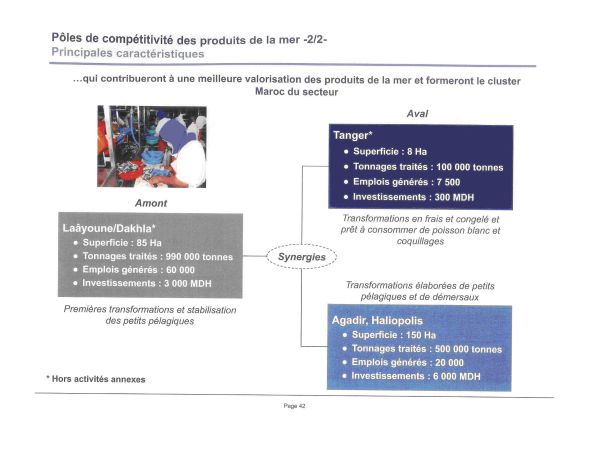
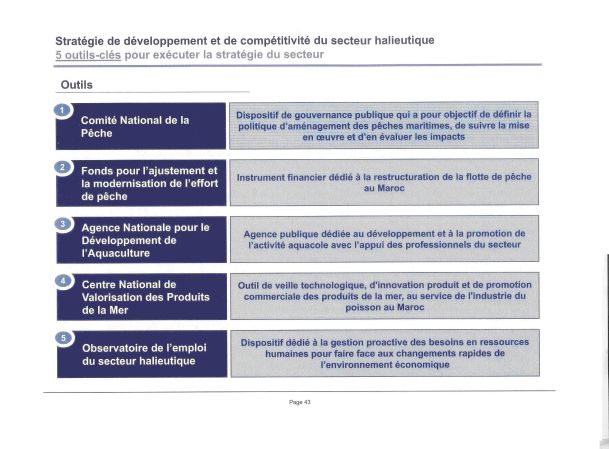
News
Moroccan report reveals EU funding to occupied territories
Morocco is spending most of the funding it receives as part of the EU-Morocco fish deal building up infrastructure in occupied Western Sahara. And the European Commission is fully aware of this.
19 April 2016
Here is the EU Council's legal advice on fishing in occupied waters
Before voting on the new EU-Morocco fish deal in 2018, extending into occupied Western Sahara, several EU Member States asked for legal advice that would determine their vote. WSRW today publishes that influential legal opinion, which appears to miss the ball entirely.
05 March 2020
Hans Corell criticizes EU fisheries in Western Sahara
The former Legal Counsel to the UN Security Counsel, Mr. Hans Corell, comments on the EU's fisheries activities in Western Sahara.
20 November 2019
EU Court reaffirms position on Western Sahara
Polisario has a case, but it should be pursued when the time is right, Court implies.
28 February 2019
